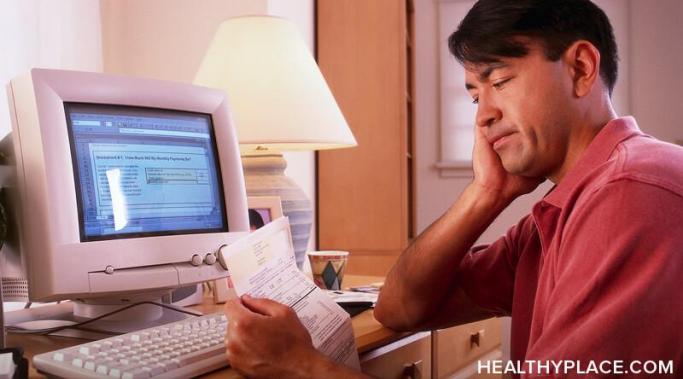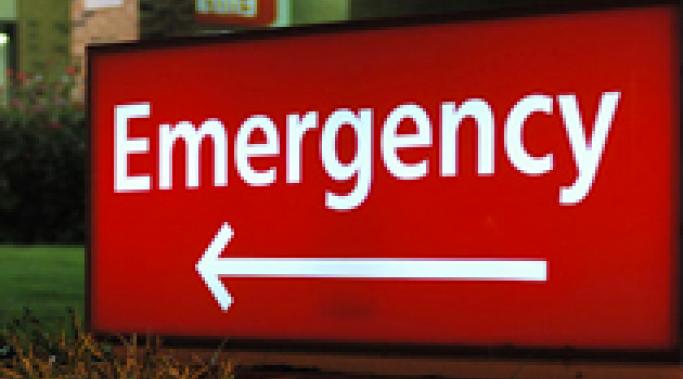There's no doubt that weather affects our mental health as anyone's mood can be affected by the weather. I live in Toledo, and many people complain about our weather. I think the weather is the best part of living here. I’ve always been fascinated with weather and I love living in an area that has four distinct seasons. I thought this article on the effects of weather on mental health would be timely considering April is the start of Ohio’s tornado season.
Recovery Issues
The motivation for recovery from mental illness depends on the individual, so it is important to find reasons in your life to stay motivated. Recovery can be a long and bumpy road, but those reasons will give your journey purpose. Setting goals can give you something to look forward to and keep your life moving forward. Here are some of the reasons I stay motivated in recovery from mental illness.
Recovering from mental illness can feel impossible. It seems like an uphill battle, leaving you feeling stuck and overwhelmed. Finding a place to start when recovering from mental illness is a daunting task. I’m here to tell you that by finding and reading this blog you are well on your way toward an "impossible" recovery from mental illness.
Volunteering aided my recovery from mental illness when I was diagnosed with schizoaffective disorder and bulimia in my early 20s. I volunteered for my local National Alliance on Mental Illness (NAMI) chapter, and it soon became a great opportunity that helped me take back my life and even lead to an internship. Here are five ways that volunteering can aid mental illness recovery that I discovered during my time at NAMI.
Suffering a mental illness when you're young is extremely difficult and debilitating. When you’re young there is an immense amount of pressure to fit in as well as to act and to look a certain way. Judgment and stigma from peers can run high and be openly expressed. Many times, those who suffer from mental illness when they're young believe that something is wrong with them and don’t know how to “snap out of it.” As difficult as it can be to live with a mental illness when you're young, it is also hopeful to know that the suffering doesn’t have to last forever.
My name is Nancy Zacharakis and I’m excited to be joining the Recovering from Mental Illness blog at HealthyPlace. I’ve suffered with depression and anxiety for about three years, from the ages of 21-24. My mental illness began after competing in a bikini bodybuilding competition and suffering with binge eating disorder. The unhealthy relationship with food and my body during my 16-week competition preparation was a catalyst for an eating disorder. My binge eating then led me to feel depressed about my life, my body, my relationships, and my career. I suffered from anxiety as well, feeling anxious about what was happening to me, what my future was going to look like and how I was going to deal with this abnormal behavior.
Coping with a diagnosis of a mental illness can be scary, but if you’ve made it to this point, it means you’ve reached out for help. That’s a great first step. You’re on your way to receiving treatment and most likely feeling better. It's important to cope with mental illness, and it's important to cope with the diagnosis of mental illness--accepting the illness--too.
Working while on disability should not be penalized. I used to work in a restaurant for $8.25 an hour for 20 hours a week. I reported this income to Social Security, and my Supplemental Security Income (SSI) benefits were terminated. Not only that, but the government told me they overpaid me and I had to pay the money back--all at once. This is not right. Working while on disability should not be penalized.
Many people with mental illness have their reasons to self-injure but it's important to resist self-harm urges. While most commonly associated with borderline personality disorder (BPD), self-harm can occur with any mental illness. There are three reasons people self-injure: to punish themselves, to feel something instead of nothing, and to feel stronger.
Sometimes the emergency room becomes a mental health ward. Frequently there are no beds available in psychiatric hospitals so the emergency room is the one place a mental health consumer can be kept relatively safe and under supervision. This has happened to me a few times, and it's such a problem that USA Today mentioned it in an article series.1 But this is ineffective at best and makes things worse at worst. Here is why using emergency rooms as mental health wards doesn't work.









